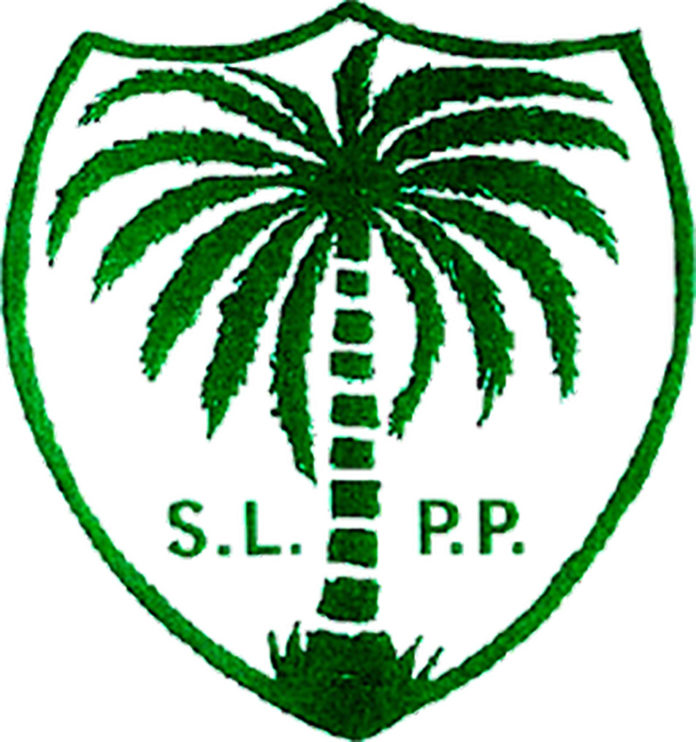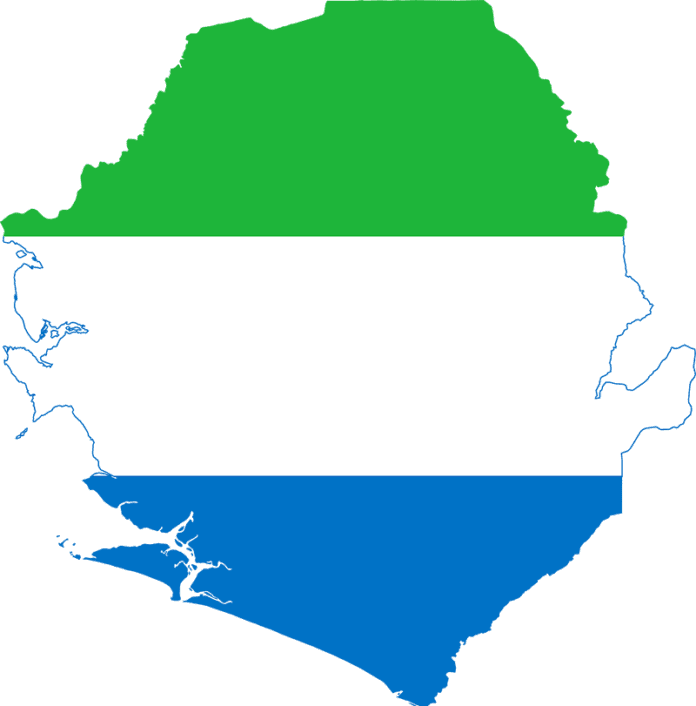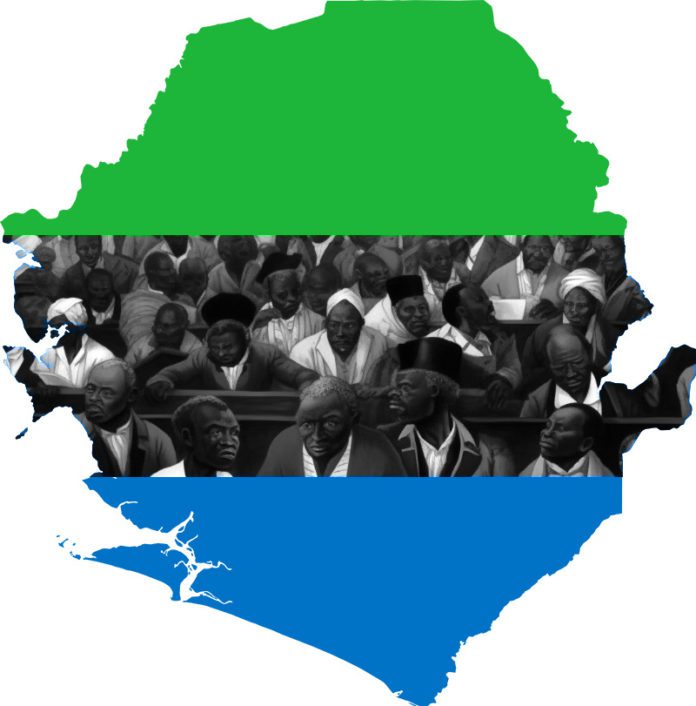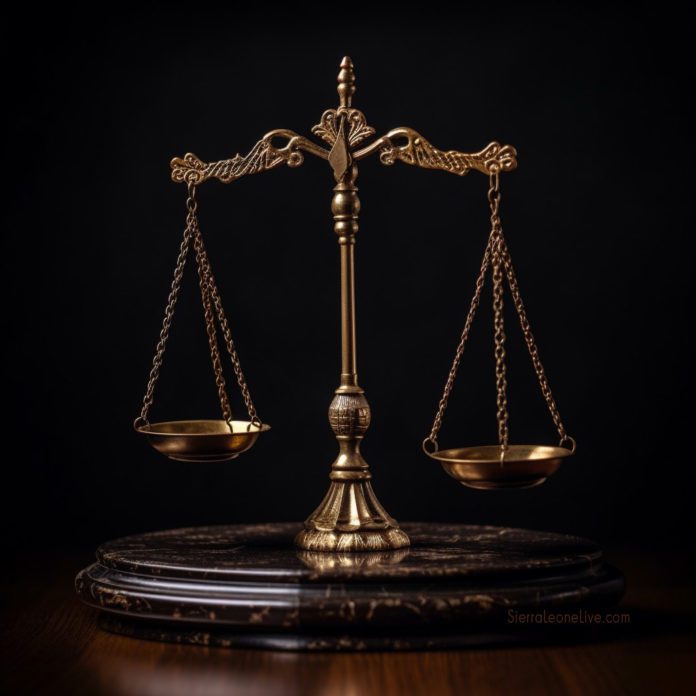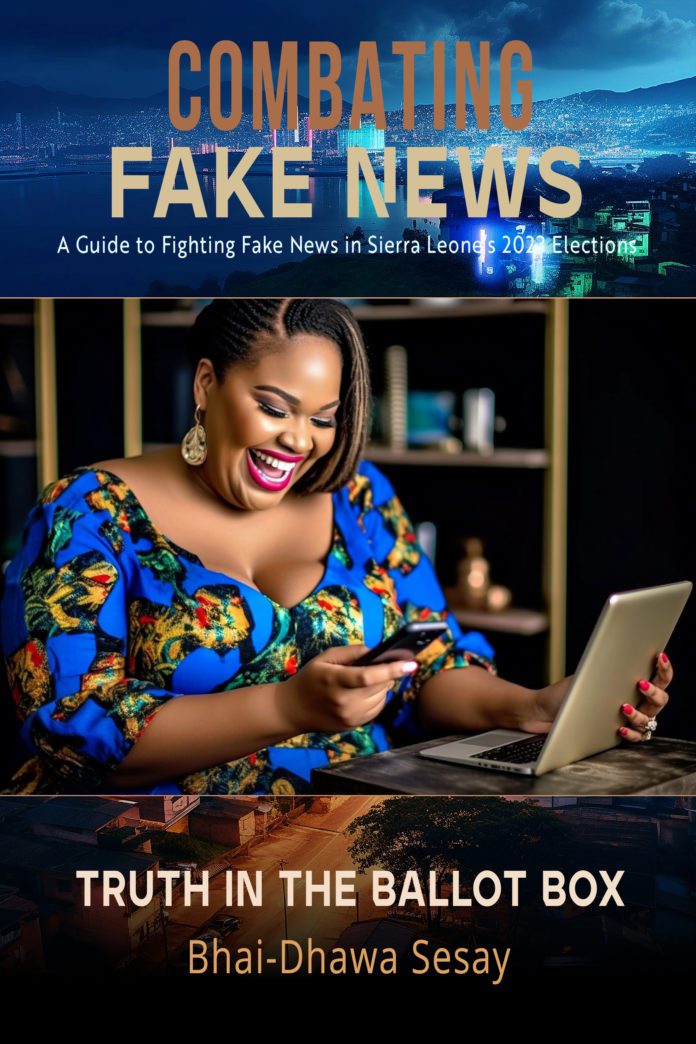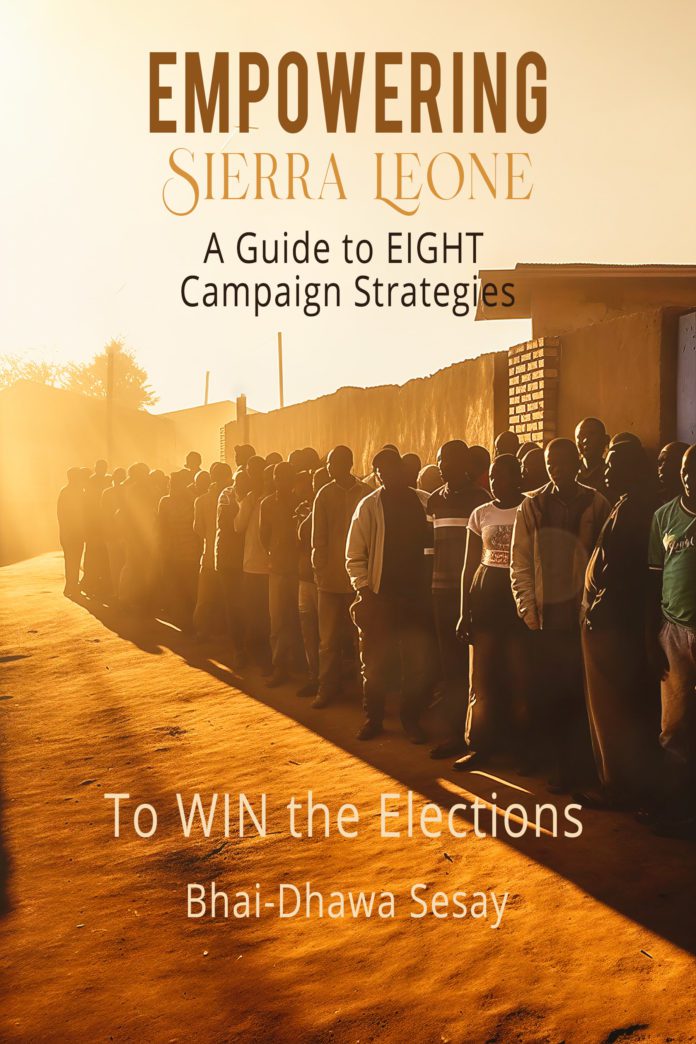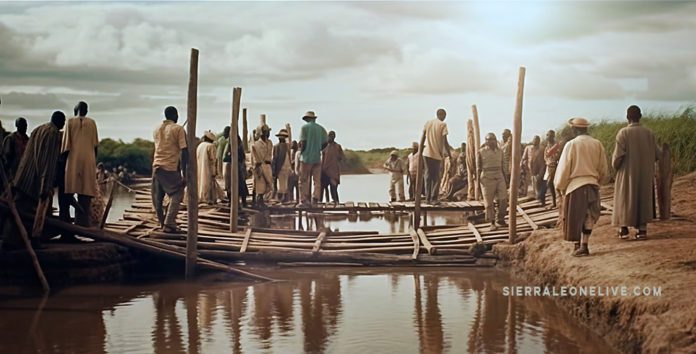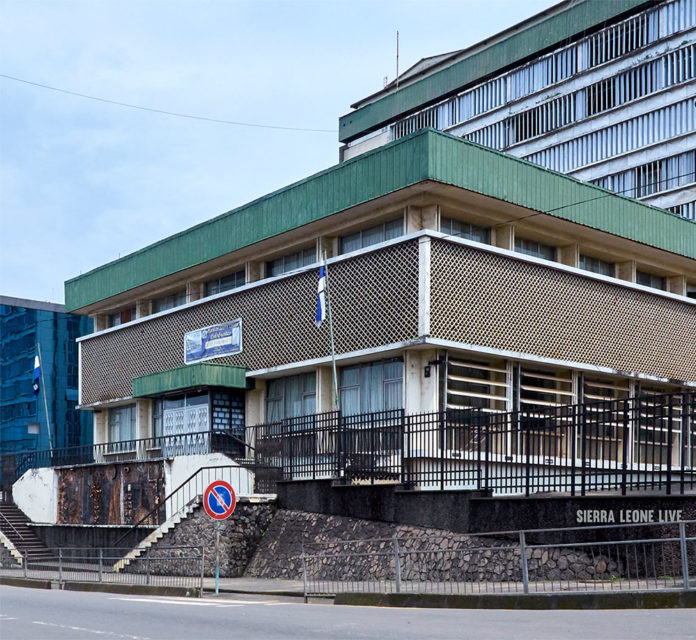
Evaluating Progress: A Five-Year Review of SLPP’s Education Promises in Sierra Leone
By the Sierra Leone Live Team
Welcome to Sierra Leone Live, where we are dedicated to fostering a rich dialogue on the state of our nation. Today, we embark on an in-depth analysis of the Sierra Leone People’s Party (SLPP) manifesto from 2018 and a review of their achievements over the last five years. This exercise aims to ascertain whether the SLPP has fulfilled the promises outlined in its manifesto, particularly in the area of education.
The first phase of our analysis will focus primarily on Basic and Senior Secondary Education, exploring key themes such as governance, financing, teacher conditions, quality of education, and policy changes. In comparing the SLPP’s 2018 manifesto with their list of achievements over the past five years, we hope to offer clear insights into the areas where the party has excelled as well as those where further progress may be needed.
Following our analysis, Sierra Leone Live will post 25 pertinent questions for you, the citizens of Sierra Leone. Your responses will provide invaluable perspectives on whether the SLPP has indeed lived up to its manifesto’s claims in 2018. We urge all Sierra Leoneans to engage in this important discourse that will shape our understanding of the current state of education and, ultimately, the future direction of our nation.
In subsequent phases of our analysis, we will delve into other crucial aspects of the SLPP’s 2018 manifesto and its five-year record. Our next focus will be Adult Literacy Education, Quality Technical and Vocational Education, and Higher Education. We invite all our readers to stay tuned and engage with us on this enlightening journey.
Remember, your voice matters, and together, we can ensure that Sierra Leone continues to move in a direction that upholds the principles of transparency, accountability, and inclusive progress.
The “NEW DIRECTION” Manifesto (2018) Versus CONSOLIDATING GAINS AND ACCELERATING TRANSFORMATION (2023)
Improving Basic and Senior Secondary Education
Upon examining the SLPP’s 2018 manifesto and the achievements after 5 years in office, there appears to be some progress and achievements made in some of the areas outlined in the original manifesto. Here’s a breakdown of some of the main components:
- Education Governance and Financing: The 2018 manifesto pledged to enhance the capacity for education planning, management, and coordination, increase government budgetary allocation to 20% of GDP, and develop a new policy to attract additional donor and private sector investment in education. The achievements document reported that 22% of the government budget had been allocated to education over the past four years. This exceeds the manifesto’s target, suggesting successful implementation of the education financing and management plans.
- Improving Conditions of Teachers: The manifesto focused on raising the morale and productivity of teachers through various initiatives like the BEST TEACHER award, a housing scheme for teachers, and free university education for three children of every school teacher with at least 10 years’ teaching experience. In the achievements report, salary increases for teachers, new recruitments, and training were highlighted, with a 45% salary increase planned for 2023–2025. While the achievements align with the general direction of improving conditions for teachers, some specific manifesto points like the housing scheme and free education for teachers’ children were not directly mentioned in the achievements report.
- Increasing the Number of Qualified Teachers: The manifesto planned to establish teacher training campuses in all district capitals, expand and improve distance learning education for teachers, provide free tuition for teacher education, and expand the teaching of foreign languages. The achievements document reports the recruitment and training of 25,000 teachers, but it doesn’t specify if the other objectives were achieved.
- Increasing Access to Quality Education: The manifesto proposed initiatives such as free education from pre-school to senior secondary school, promoting the development of child-friendly schools, expanding school feeding programs, and removing the double shift system within 3 years. The achievements document reports implementing free education, providing school meals for over 600,000 learners, providing sanitary pads to teenage girls, and introducing technology to support remote learning during the COVID-19 pandemic. However, there’s no specific mention of progress on building child-friendly schools or on the double shift system.
- Policies, Laws, and Regulations: The manifesto planned to revert to the 6-3-3-4 education system, implement a free education program, and enhance education management. It also detailed plans to develop a new National Education Policy and Action Plan, a policy for public-private partnership, an NGO/donor coordination policy, and monitoring. The five-year report outlines several new policies and laws, such as the Basic and Senior Secondary Education Act 2023, a new school feeding policy, and the Annual National Teachers Award program. It also mentions the reintroduction of civics into the curriculum.
- Education Outcomes: The achievements document reports increased enrolment rates, improved public exam pass rates, improved numeracy and literacy, and decreased teenage pregnancy. These outcomes suggest that the education initiatives implemented during the past five years have been impactful, though it’s not clear how they compare with the specific targets set in the manifesto.
- Inclusion: While the first document doesn’t emphasize inclusivity, the second document highlights the passing of a radical inclusion policy allowing access to education for pregnant girls, the disabled, and learners in remote areas.
It appears that the SLPP has made some strides in many of the areas detailed in their 2018 manifesto, especially in education governance and financing, teacher conditions, and increasing access to education. However, some specific manifesto goals were not directly mentioned in the achievements document, suggesting that there may be areas for continued focus and improvement. It would be useful to have more detailed information and data to further assess the extent of progress made.
Did the SLPP perform as promised?
Take the survey

